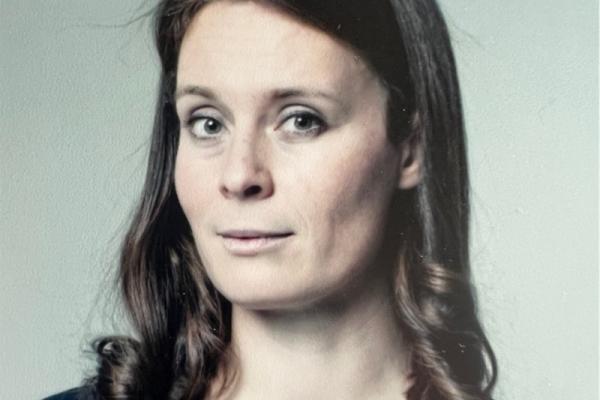
Camille Leca speaks about the role of stock exchanges as facilitators of sustainable investment tools, matching supply and demand, and of their role of educators in raising awareness regarding sustainability issues among market participants. She presents recent market trends regarding sustainable products, distinguishing between short run and long run developments and focusing on an EU perspective. Camille also touches upon the challenges and opportunities that corporates are facing with the new CSRD regulation. She concludes with a reflection on her experience as part of the EU Platform on Sustainable Finance initiative of the EU Commission. Camille Leca is Group Head of ESG and Sustainable at Euronext.
In this episode, Erkki Liikanen gives an overview on the development of policy tools on sustainability matters and the IFRS Sustainability Disclosure Standards. He compares the ISSB standards and the European Sustainability Reporting Standards, and how they interact. He also points out the main lessons learned up to now and what next steps regulatory institutions and market participants should take to proceed towards global sustainability goals. Finally, he discusses possible avenues for researchers, highlighting sustainable accounting as a key complement to standard financial accounting. Erkki Liikanen is Chair of Trustees of IFRS Foundation.

In this episode, Marie Brière explains what is green sentiment and why it is important to understand its impact on stock prices and firms behaviour. She indicates how green sentiment can be measured evaluating the arbitrage activity on the green ETF market, and how important it is for financial markets dynamics. Finally, she touches upon the real effects of green sentiment on firms’ behaviour. Marie Brière is Head of the Investor Intelligence and Academic Partnership Amundi Investment Institute.

Linda Zeilina discusses how EU sustainable finance regulation encouraged the introduction and implementation of sustainable practices over the years to the current solid integration of new disclosure regimes in organizations’ strategies. She touches upon pros and cons of ESG-linked carry mechanisms, among the most effective practices to pursue sustainability objectives, when implemented properly. In fact, a misalignment in incentives may prevent effective sustainable finance practices to develop at a mainstream level. Linda concludes with an overview on sustainable finance developments and trends expected by 2025 among policymakers and regulators. Linda Zeilina is founder & CEO of the International Sustainable Finance Centre.


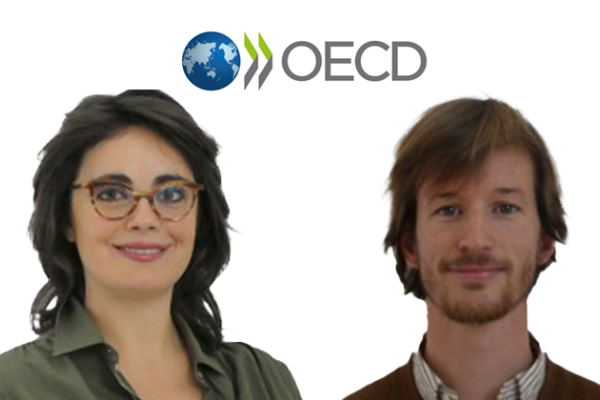
The two OECD economists give an overview on green investment fund portfolios, especially those directed to emerging market economies. They propose to use carbon solutions as a significant indicator of green investment for a firm. They discuss key patterns in the geographical mapping of green financial flows between developed and emerging economies, finding that the mapping does not align with country green financing needs. Finally, they provide some ideas on how to increase investment funds potential in financing the green transition, focusing on how to develop a domestic competitive green asset market, tackling data gaps and transparency, and addressing biases towards large companies. Annamaria de Crescenzio is Senior Economist and manager in the International Finance Unit of the OECD. Etienne Lepers is Economist and project manager in the International Finance Unit of the OECD.
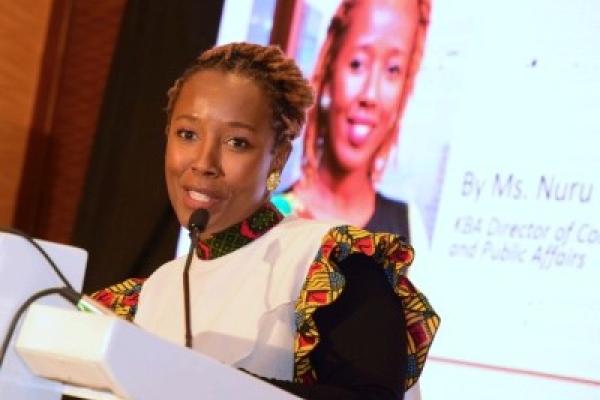
Nuru Mugambi is Policy Advisor on capacity building and inclusive sustainable finance for the Sustainable Banking and Finance Network, the widest platform for Emerging Markets’ financial institutions to work together on sustainable finance issues. She presents her work on inclusive green finance in the emerging markets, and discusses how international collaboration in research and policy matters can help finding novel solutions. To make green finance effective, inclusivity has to go beyond the financial realm: it should comprise investment projects, fiscal policy, and social policy, both at the macro and micro level. Knowledge exchange is key to effectively bring together green and inclusive finance. She concludes discussing the role of gender and ethnic diversity in finance and how inclusivity should be nurtured on the workplace.

Ingmar Juergens analyzes from a research perspective the most important steps that the European Commission did as a front-runner in setting a coherent sustainable finance policy trajectory. He highlights the key role of scientific research for an effective policy framework on sustainable finance, and the contribution of transparency for developing sustainability-related disclosure and benchmarks for proper regulation. In the future, the focus of policymakers and researchers should be on tackling supply chain reporting, improving international coordination, making finance work for the green transition, including biodiversity in the conversation and testing for policy impact. Ingmar Juergens is co-CEO and co-founder of Climate and Company.

In this thought-stimulating session, Viral Acharya discusses the challenges of building effective indicators of local physical risk for firms starting from global scenarios to get a mapping of the impact of climate physical risk on a company located on multiple production sites. He explains how aggregate physical risks such as global warming and heat stress affect asset pricing and how these risks become tangible in the real economy, spilling over to the labor market. He also proposes novel mechanisms like an omnibus climate insurance for firms. Viral Acharya is C.V. Starr Professor of Economics in the Department of Finance at New York University Stern School of Business (NYU-Stern)
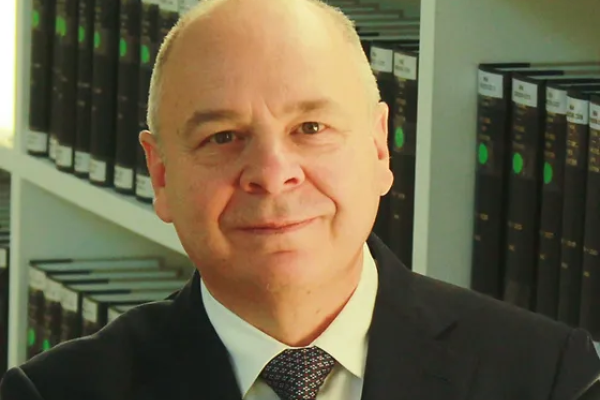
Ugo Panizza addresses the challenges of the Green Transition for countries with limited fiscal space, and the needed investments to implement effective climate policies. He explains how sustainability-linked bonds may be an effective alternative to green sovereign bonds, strengthening the credibility of the policy action financed by the bond. Finally, he touches upon the positive experience of the EU Emissions Trading Scheme and proposes ways of extend the ETS further inside and outside EU. Ugo Panizza is Professor of Economics and Pictet Chair in Finance and Development at the Geneva Graduate Institute of International and Development Studies.
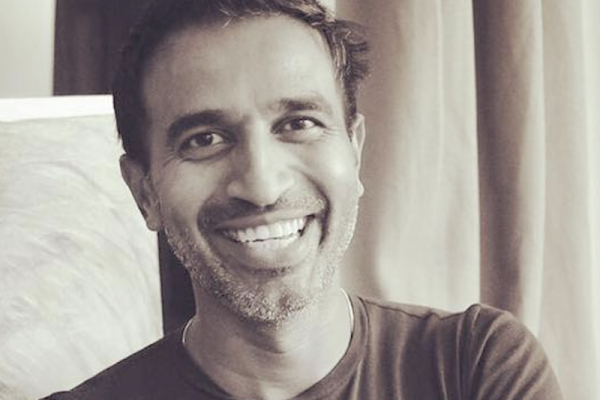
In this first episode of our new series of interviews with top sustainable finance scholars, Sony Kapoor talks about the role of climate policy in the policymakers toolbox, and the current and future challenges of reconciling economic development and sustainability. He touches upon the key questions of financing a sustainable transition in low and middle income countries and proposes a sustainable "grand bargain" to tackle them. Sony Kapoor is Professor of Climate, Geoeconomics and Finance at the Schuman Centre for Advanced Studies of the European University Institute.

